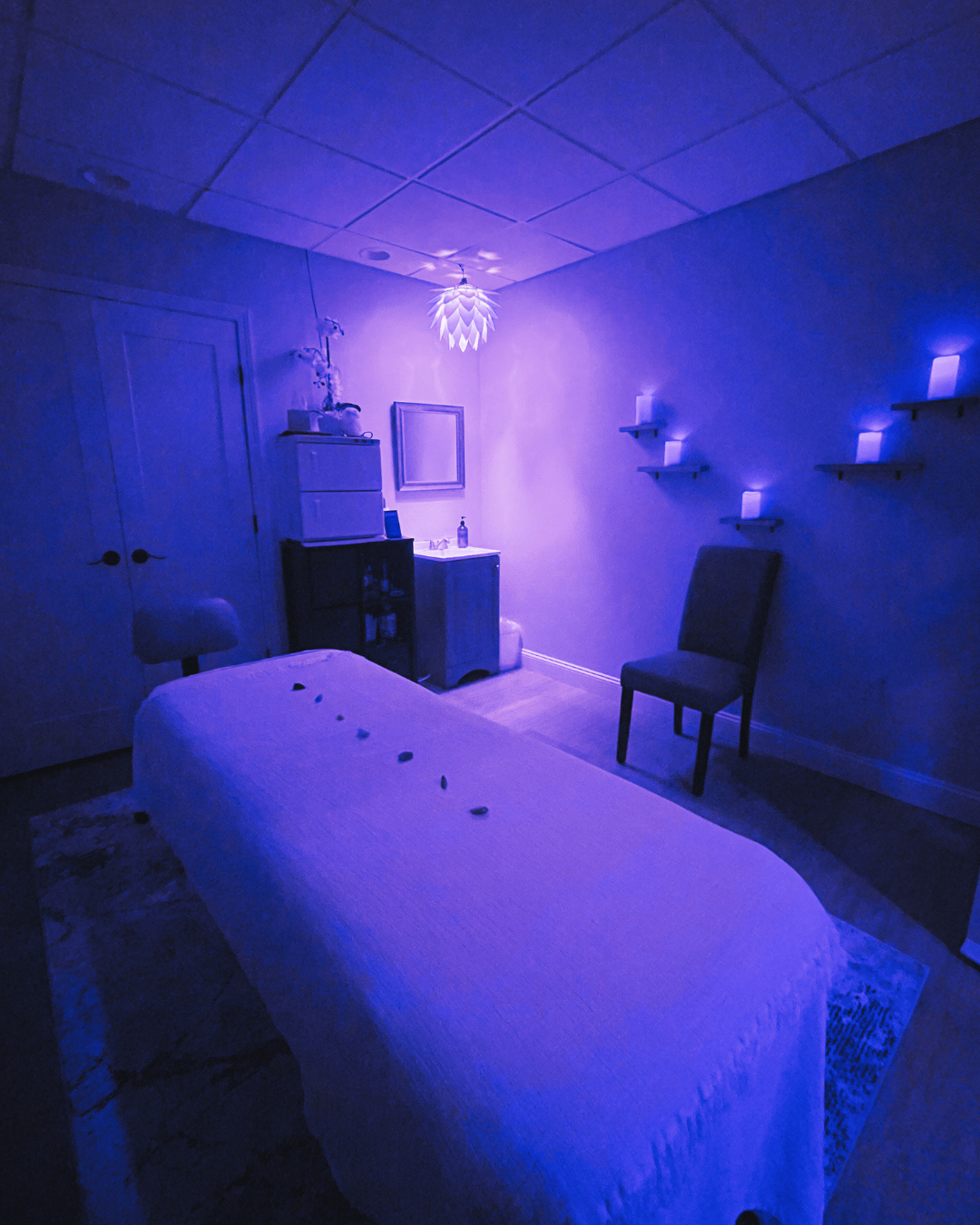
Research
The science behind Float RI. Discover the evidence supporting float therapy and wellness services.
Float Therapy
-
“Floatation-REST (Reduced Environmental Stimulation Therapy) reduces sensory input to the nervous system through the act of floating supine in a pool of water saturated with Epsom salt… Participants reported significant reductions in stress, muscle tension, pain, depression and negative affect, accompanied by a significant improvement in mood characterized by increases in serenity, relaxation, happiness and overall well-being.”
-
“Stress, depression, anxiety, and worst pain were significantly decreased whereas optimism and sleep quality significantly increased for the flotation-REST group. No significant results for the control group were seen. There was also a significant correlation between mindfulness in daily life and degree of altered states of consciousness during the relaxation in the flotation tank.”
-
Full research article / findings regarding cardiovascular health and blood pressure variability when comparing subjects using Float-REST to non-floatation activity.
-
“The purpose of the study was to explore the safety of Floatation Therapy for users suffering with AN triggered Orthostatic Hypotension, and impact of Floatation Therapy on conditions associated with Anorexia Nervosa (AN) which include, but are not limited to Anxiety, Personality Disorders and Mood Disturbances.”
-
“He is also investigating the use of float tanks as a form of interoceptive therapy. In a study he published in 2020, twenty-three women with anorexia floated in sensory-deprivation chambers for ninety minutes at a time, once a week, for four weeks. They reported experiencing heightened awareness of their heartbeats and breathing, but not of their stomachs or digestive systems; many also reported feeling relaxed, energized, serene, and happy.”
-
Links to new articles and research on floatation therapy via clinicalfloat.org.
-
Published peer reviewed papers related to Clinical Floatation to assist researchers and clinicians in all disciplines.
-
“Dr. Josh Hagen joins us from the Rockefeller Neuroscience Institute at West Virginia University where he researches benefits and applications of Float Therapy for a variety of populations. His talk at the 2019 Float Conference focuses on military and athletes as they incorporate Float Therapy into their recovery and optimization programs.”
-
Increased media attention and celebrity endorsements have brought much deserved attention to float therapy and its benefits. Segments on floating have aired on The Today Show, Rachael Ray, CBS This Morning, and The Joe Rogan Podcast to name a few, while publications such as TIME, Men’s Health and Women’s Health have written about the benefits of float therapy. MVP Steph Curry of the Golden State Warriors shares it as one of his go-to’s for muscle recovery and a key to his success. Quarterback Tom Brady reportedly had his own float tank at home that was an important part of his self-care ritual. Tim Ferris, author of The 4-Hour Workweek, is a proud supporter of float therapy. Special operations groups including the Navy SEALs use floatation therapy to treat concussion trauma. This list is by no means exhaustive, and more and more people are championing float therapy.
Red Light Therapy
-
Research led by the University of Pittsburgh and UPMC found that exposure to long-wavelength red light significantly reduced blood clot formation that can cause heart attacks, lung damage, and strokes.
-
Red and near-infrared wavelengths penetrate the skin and stimulate mitochondrial function, accelerating cellular repair, reducing inflammation, boosting collagen production, and supporting tissue regeneration.
Studies show benefits for wound healing, pain management, and skin rejuvenation.
Halotherapy
-
Clinical research demonstrates that pharmaceutical-grade salt particles dispersed during halotherapy penetrate deep into the respiratory system, reducing inflammation, clearing mucus, and killing bacteria.
Studies show significant relief for conditions including asthma, allergies, bronchitis, sinusitis, and COPD.
-
Research indicates halotherapy's antibacterial and anti-inflammatory properties support skin health for conditions like eczema, psoriasis, and acne, while also strengthening immune function and promoting relaxation through negative ion exposure.
Infrared Sauna
-
Studies show infrared sauna therapy promotes deep sweating that releases toxins stored in fat cells while improving circulation and cardiovascular function.
Unlike traditional saunas, infrared heat penetrates tissue at lower, more comfortable temperatures for deeper therapeutic benefits.
-
Research demonstrates that infrared heat penetrates deep into muscle tissue, reducing inflammation, relieving chronic pain, and accelerating recovery from exercise and injury.
Studies show benefits for arthritis, fibromyalgia, and muscle soreness.
Massage Therapy
-
Research demonstrates that therapeutic massage significantly reduces cortisol levels while increasing serotonin and dopamine, leading to decreased stress and anxiety and improved mood.
Studies show measurable improvements after a single session.
-
Clinical studies show massage therapy effectively reduces chronic pain, improves circulation, releases muscle tension, and accelerates recovery from injury and exercise.
Evidence supports benefits for back pain, headaches, arthritis, and fibromyalgia.
Reiki
-
Studies on Reiki and energy healing practices show benefits for stress reduction, anxiety relief, pain management, and overall wellbeing.
Research indicates that Reiki promotes deep relaxation, supports the body's natural healing processes, and enhances emotional balance.
While mechanisms are still being studied, patient-reported outcomes consistently show improved quality of life and reduced symptoms.
Float Nation Documentary
“People all across the globe are visiting float tank centers in hopes of reaching states of sensory deprivation. With decades of promising research, why is floating so unknown and underutilized? The result of a trip across the United States, Float Nation explores the resurging trend of floating, its many uses, and the reason for its disappearance.”






